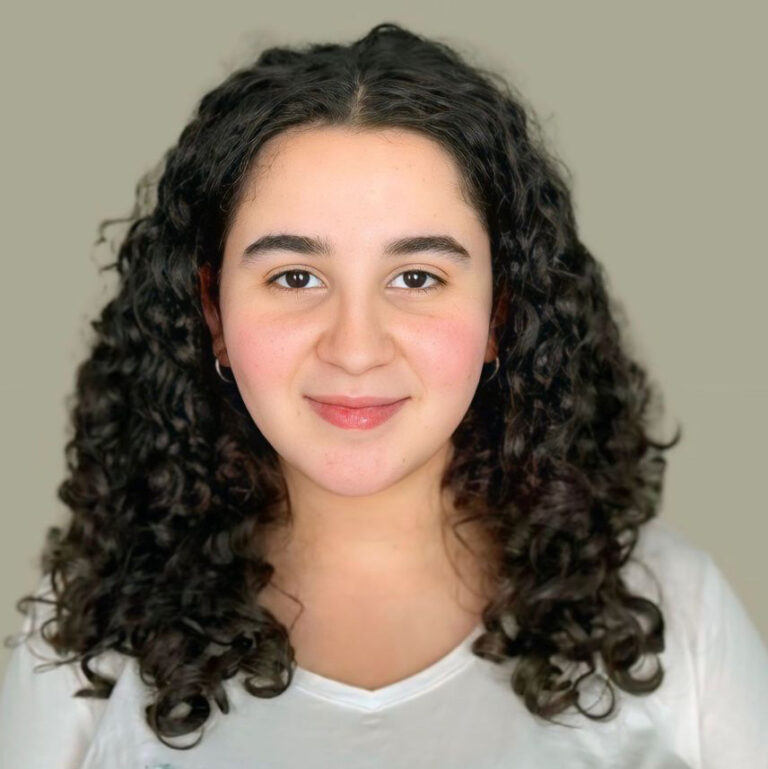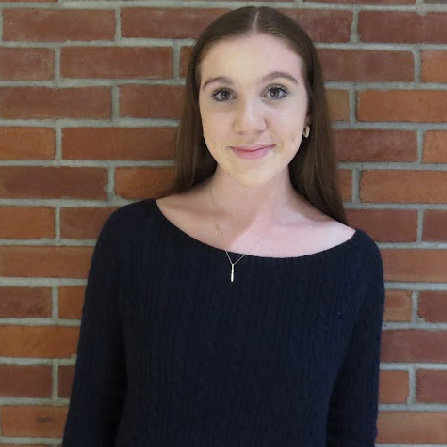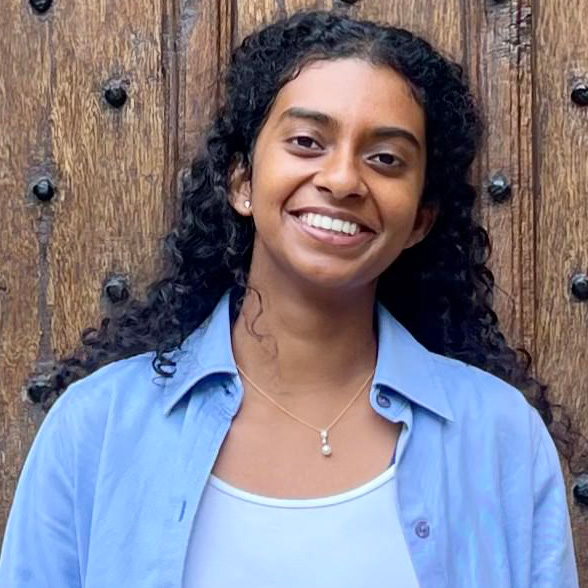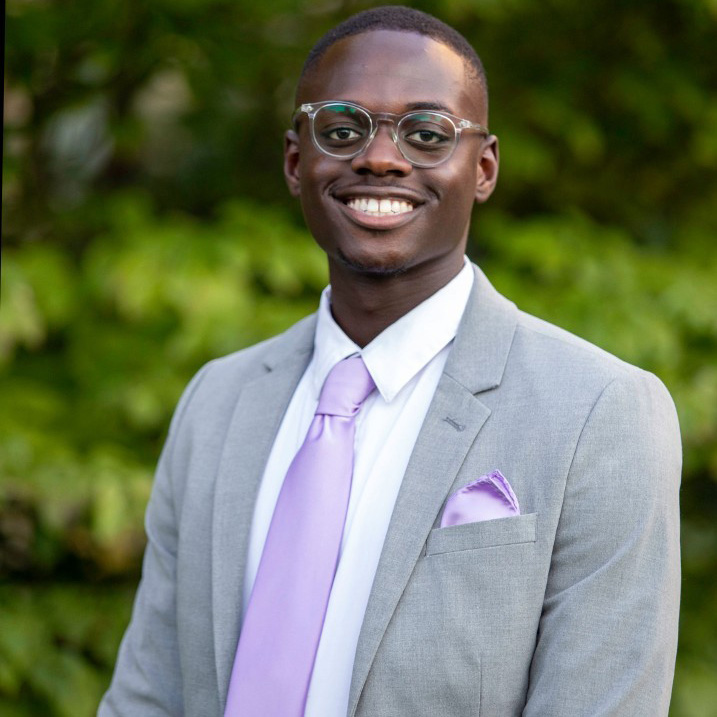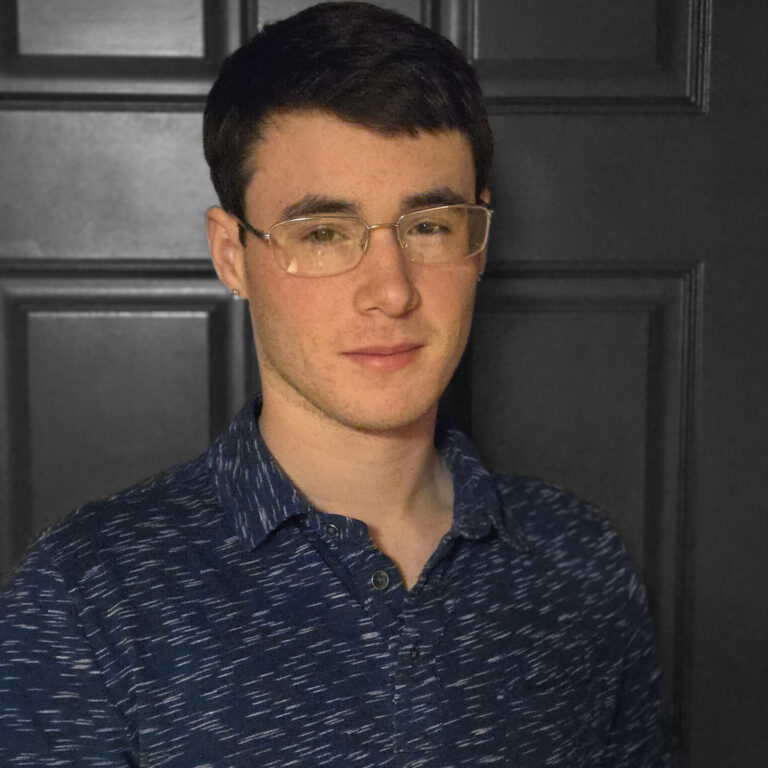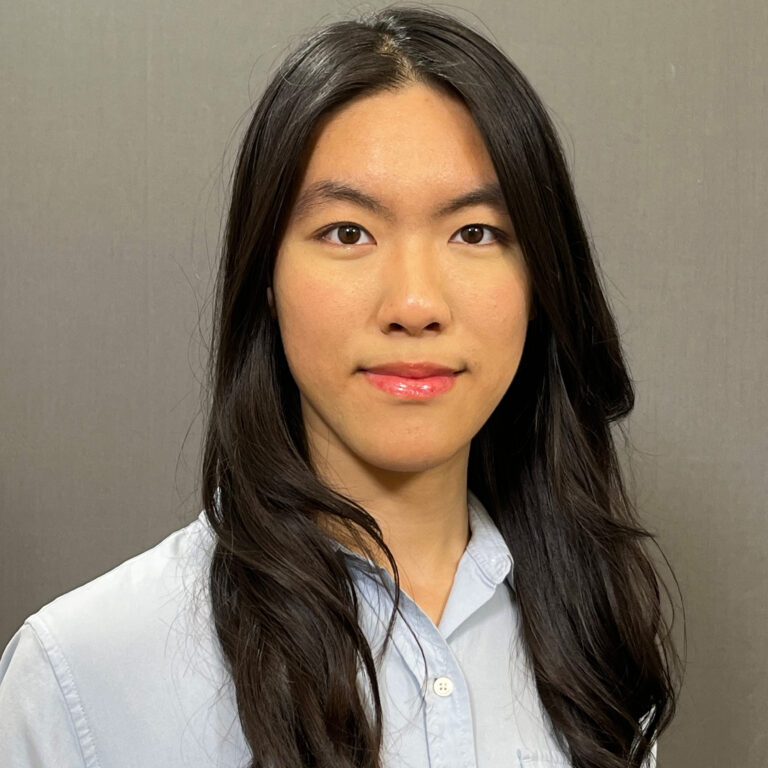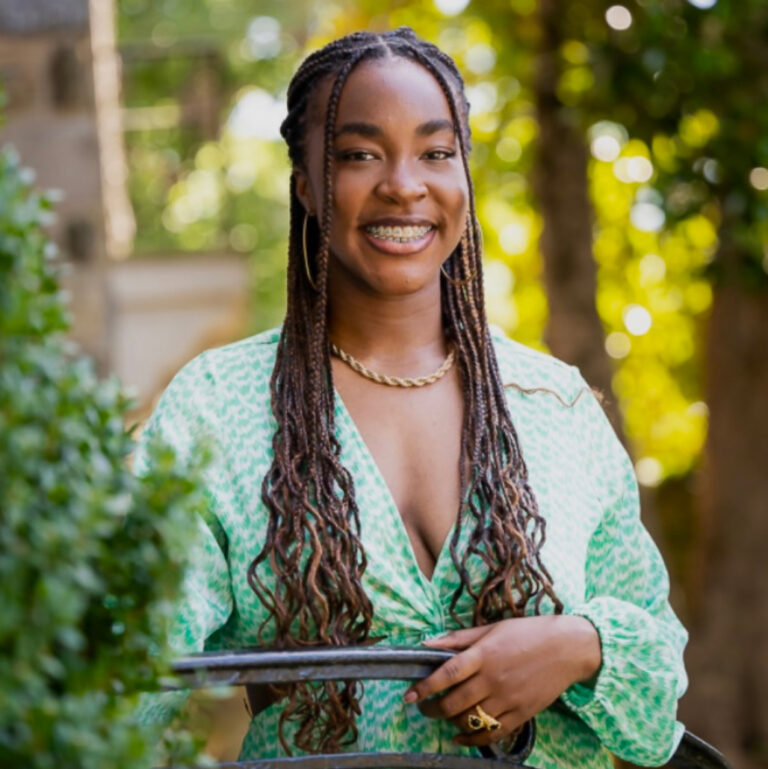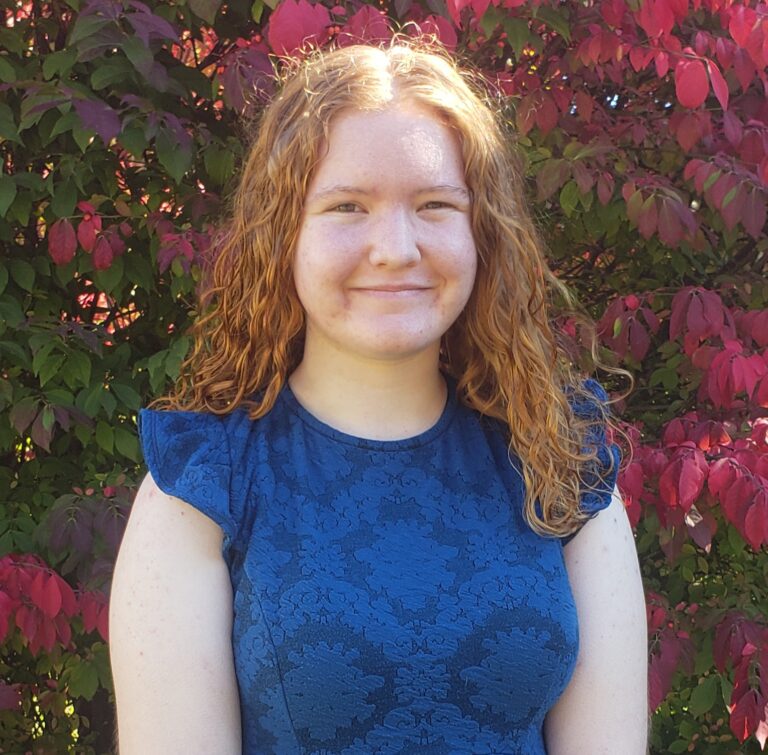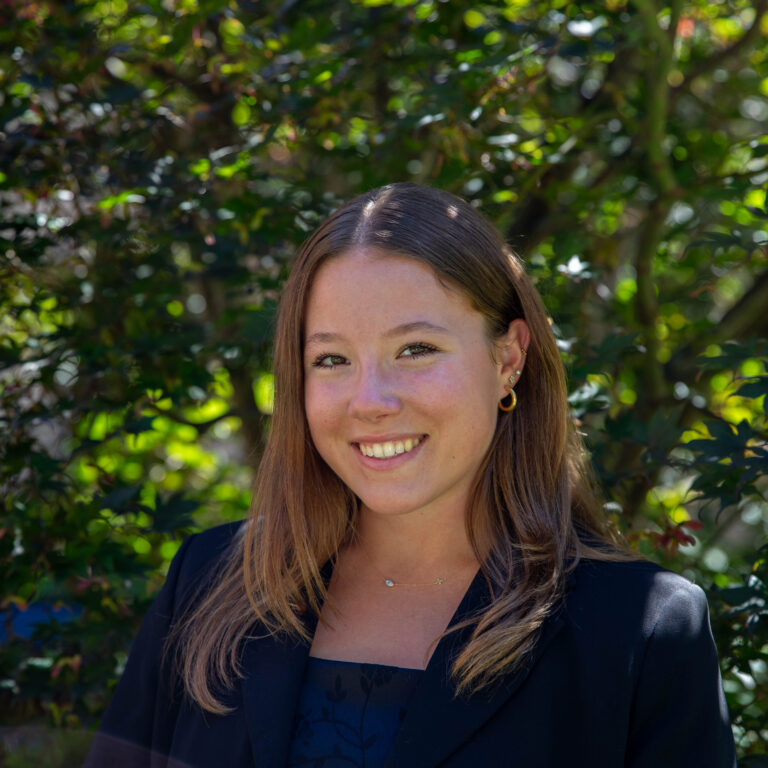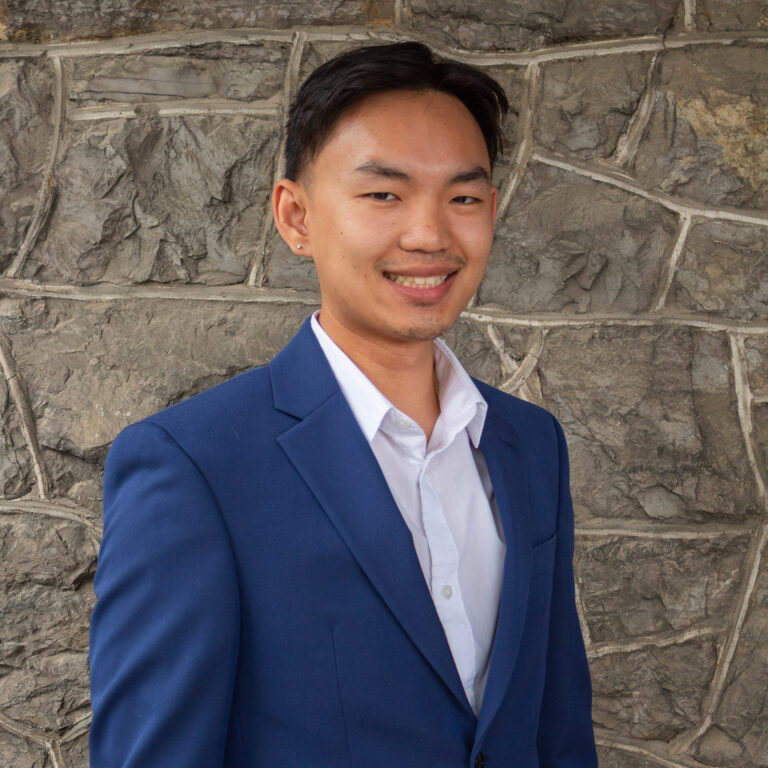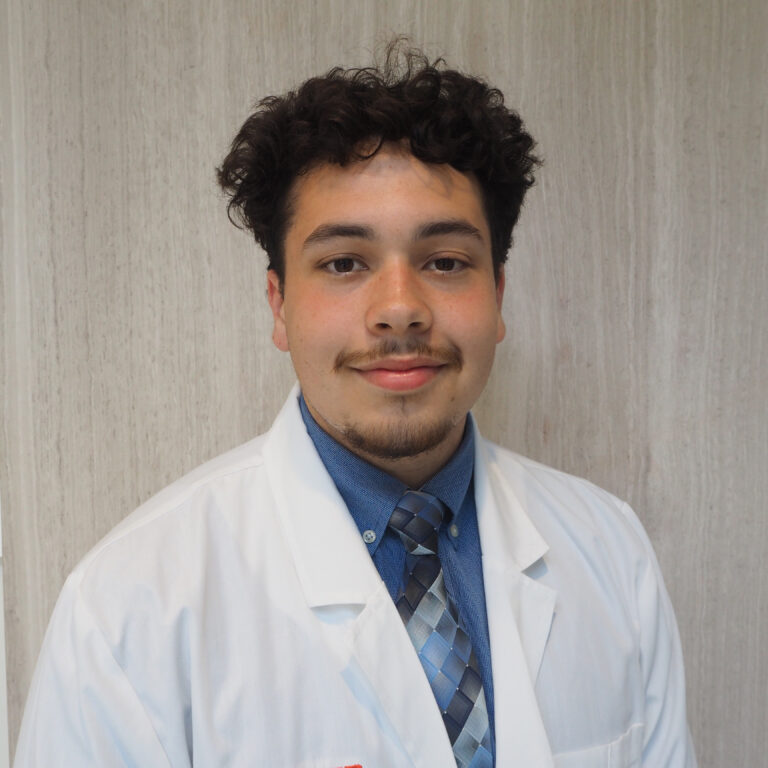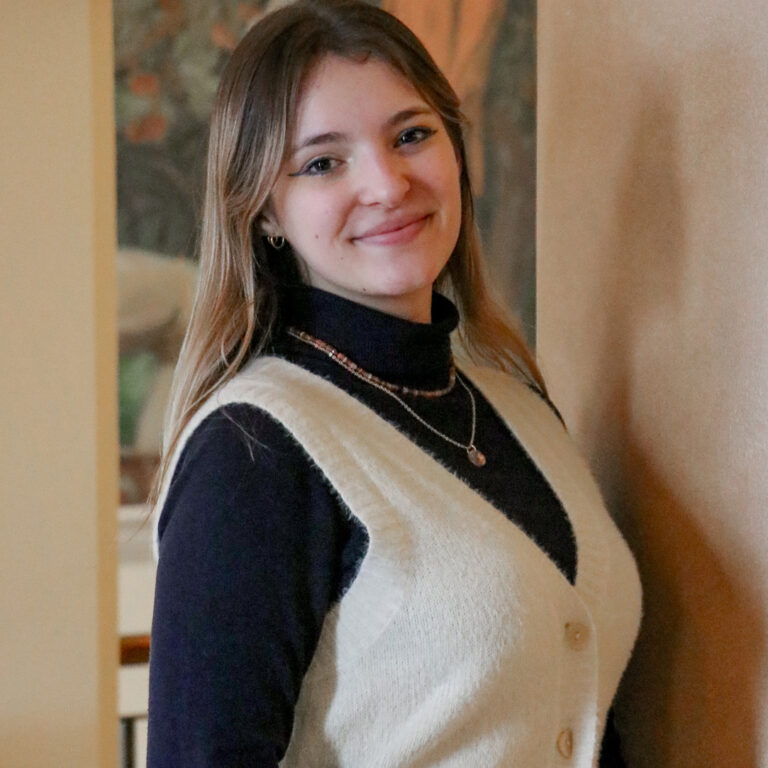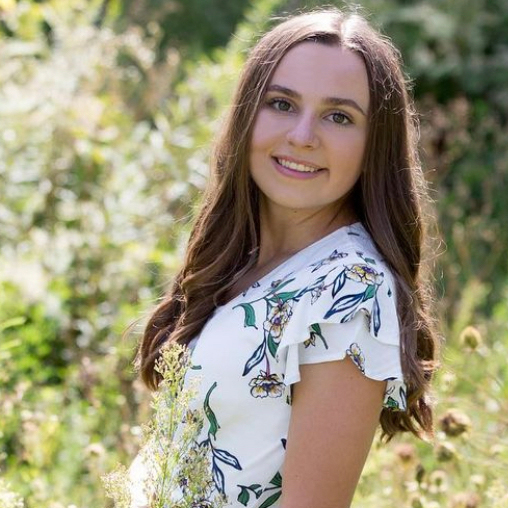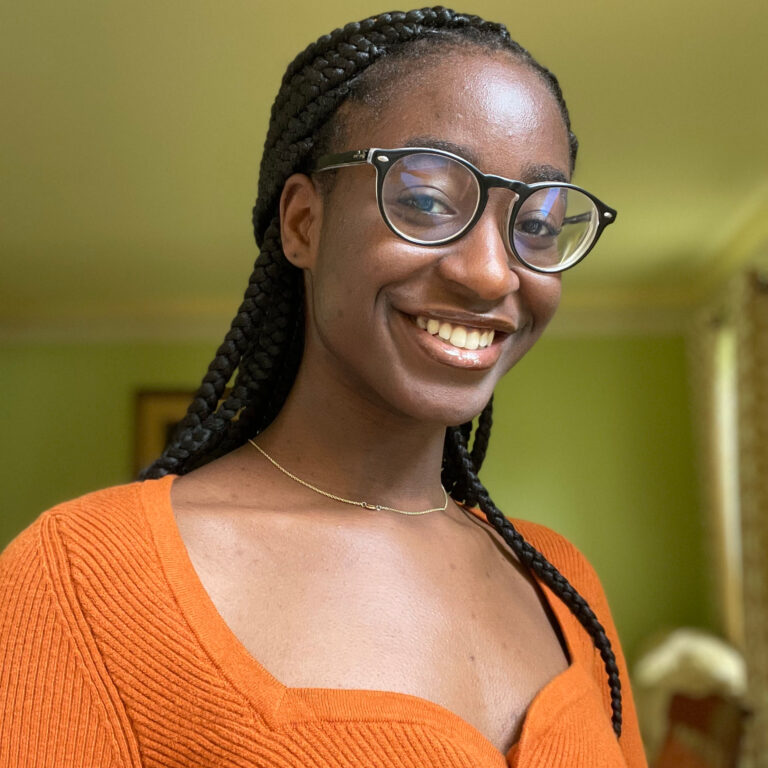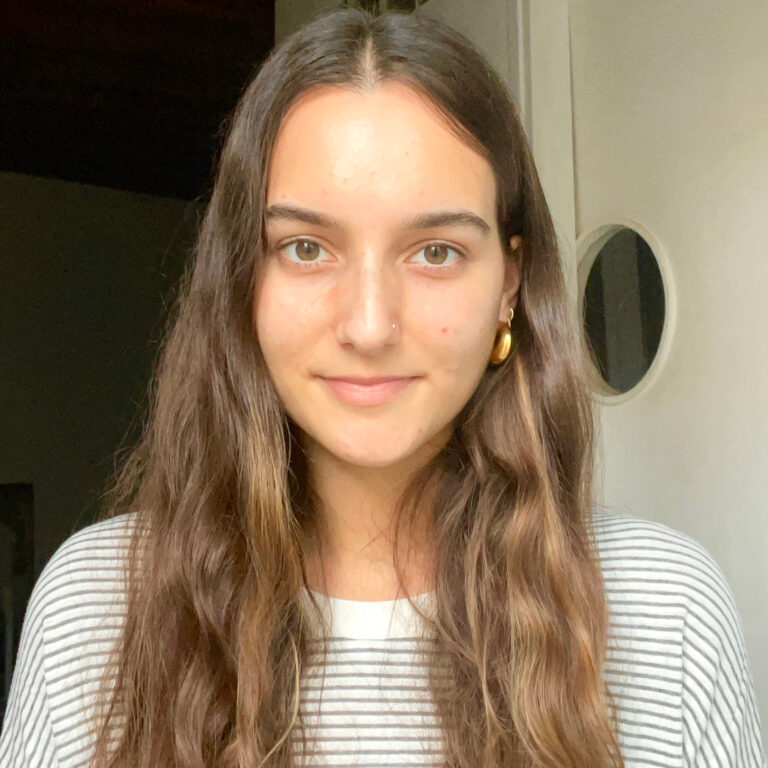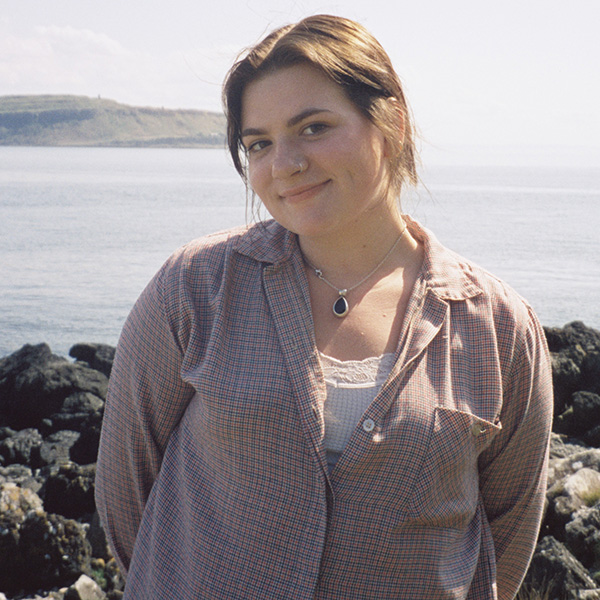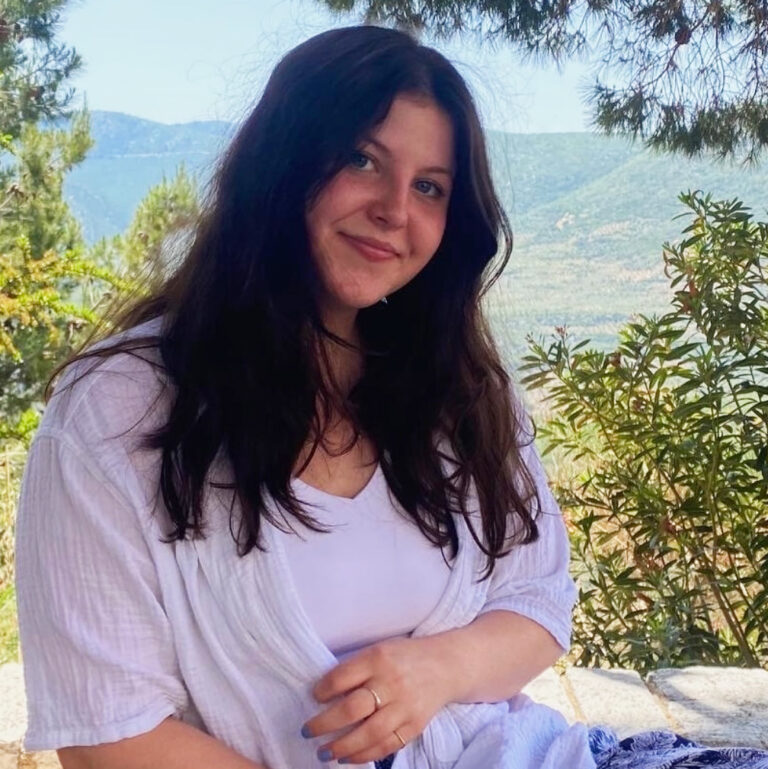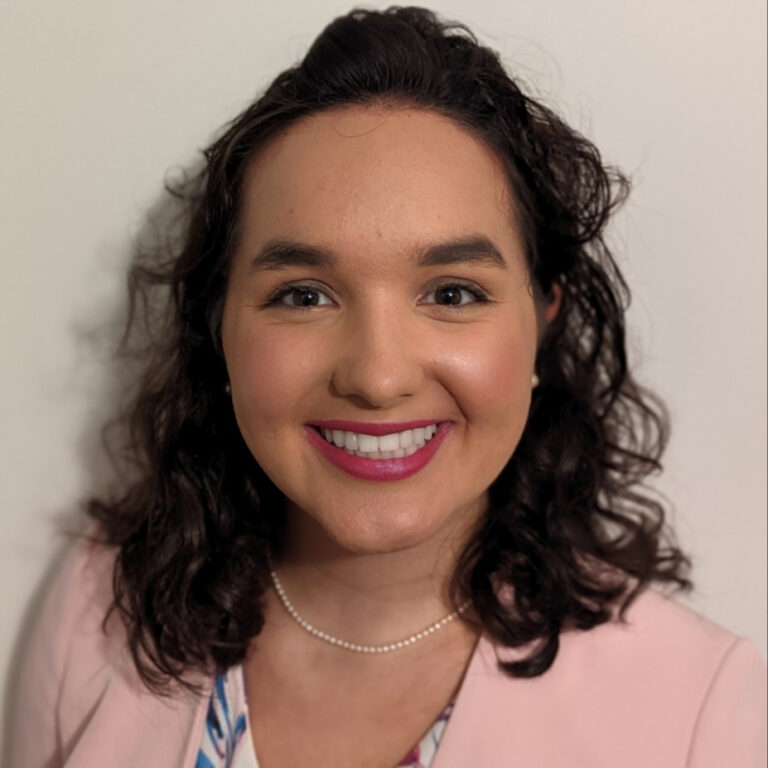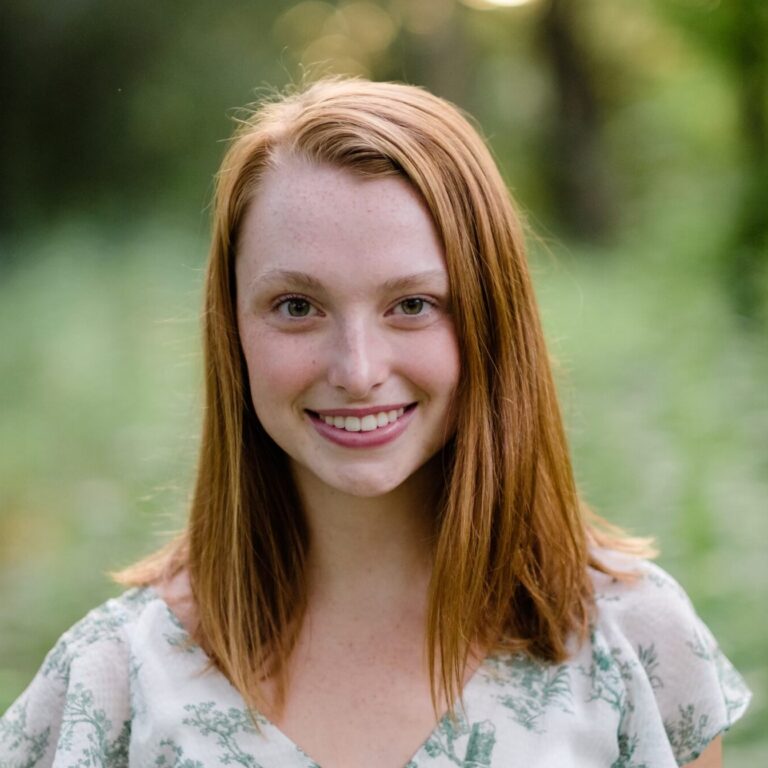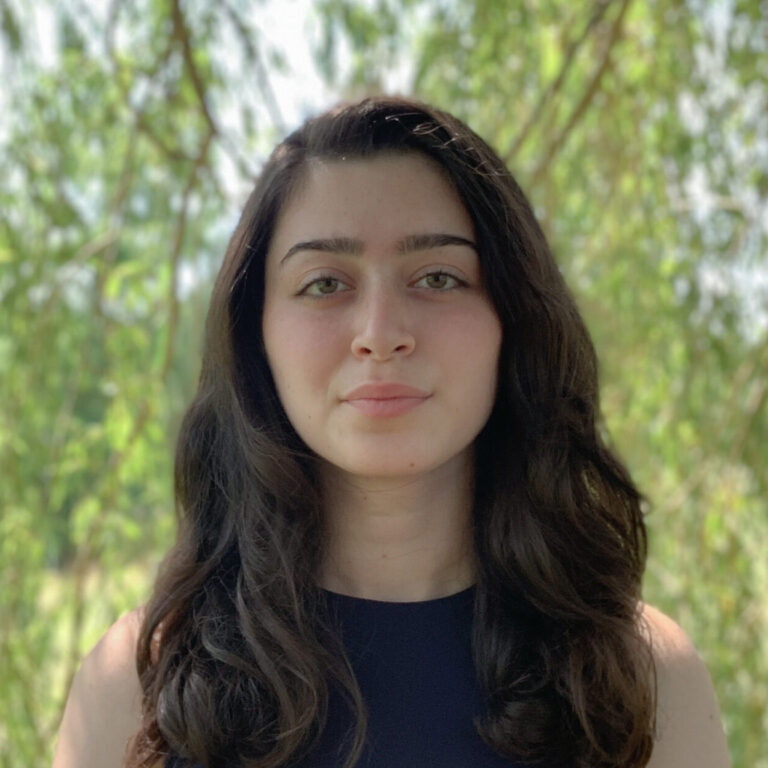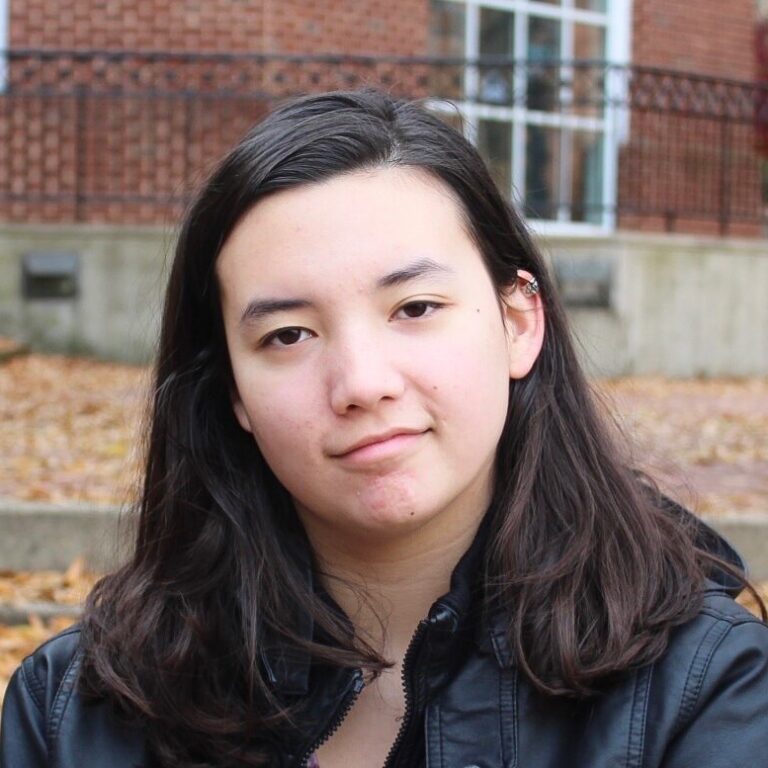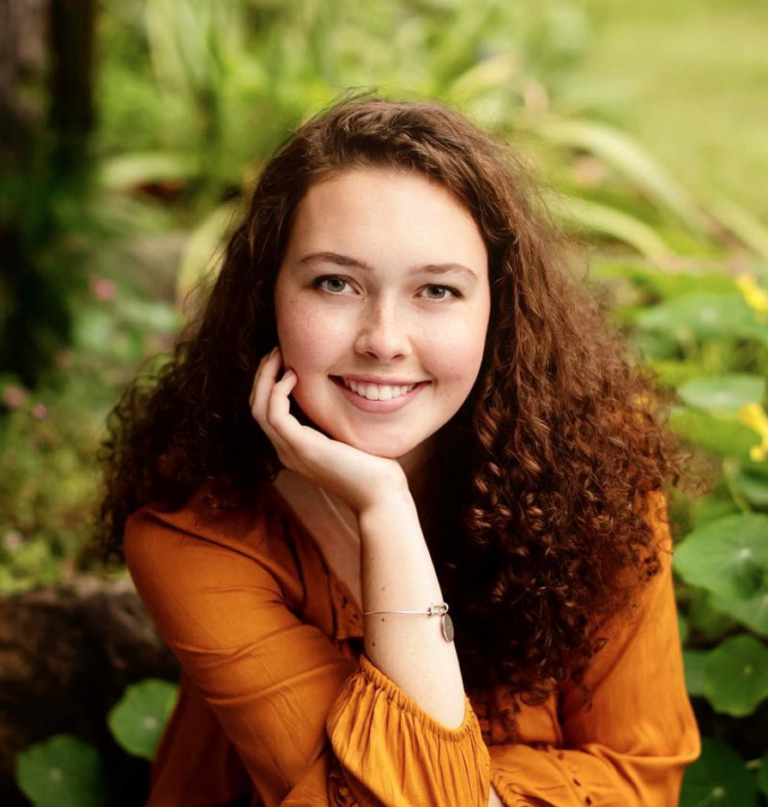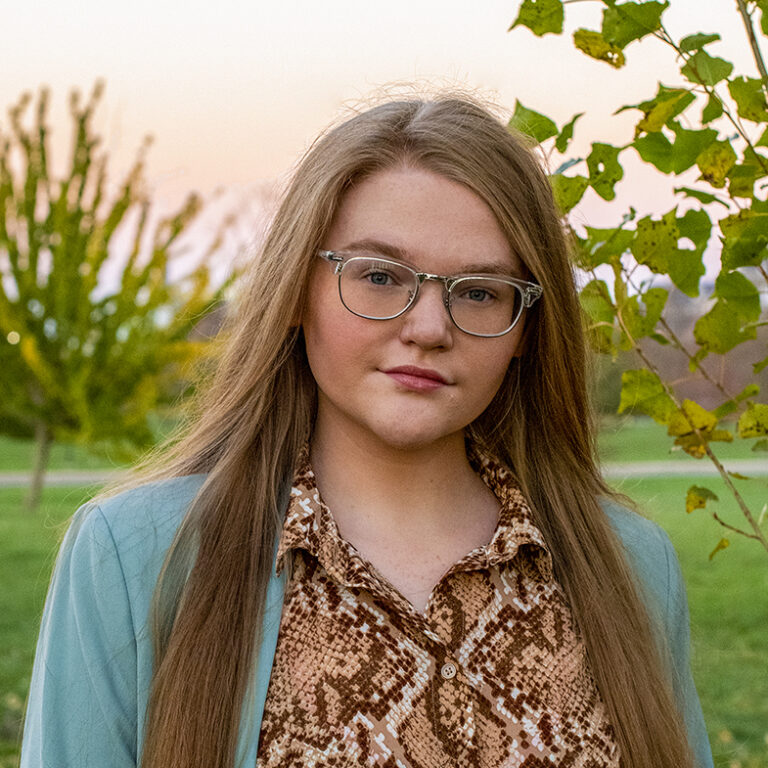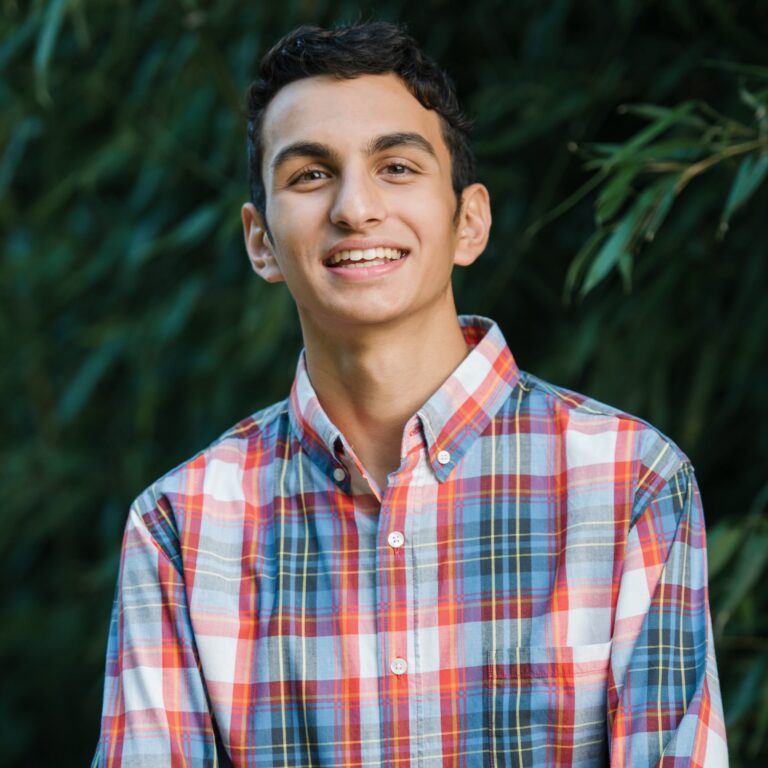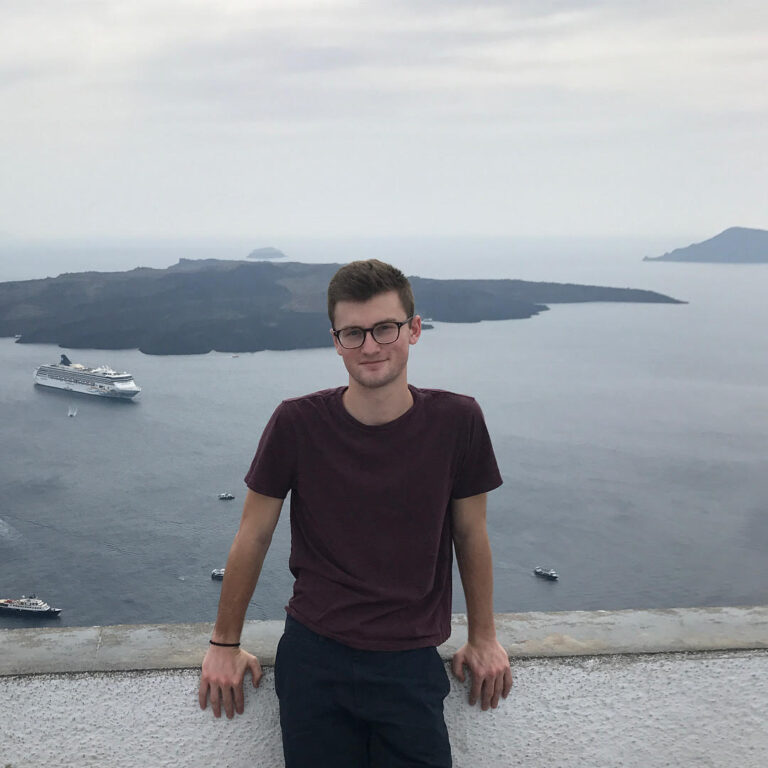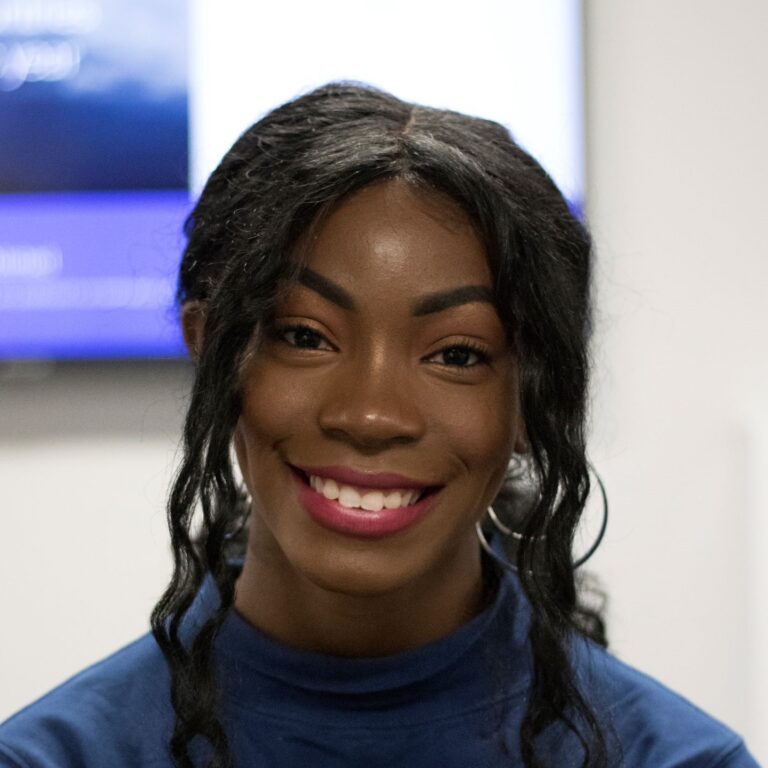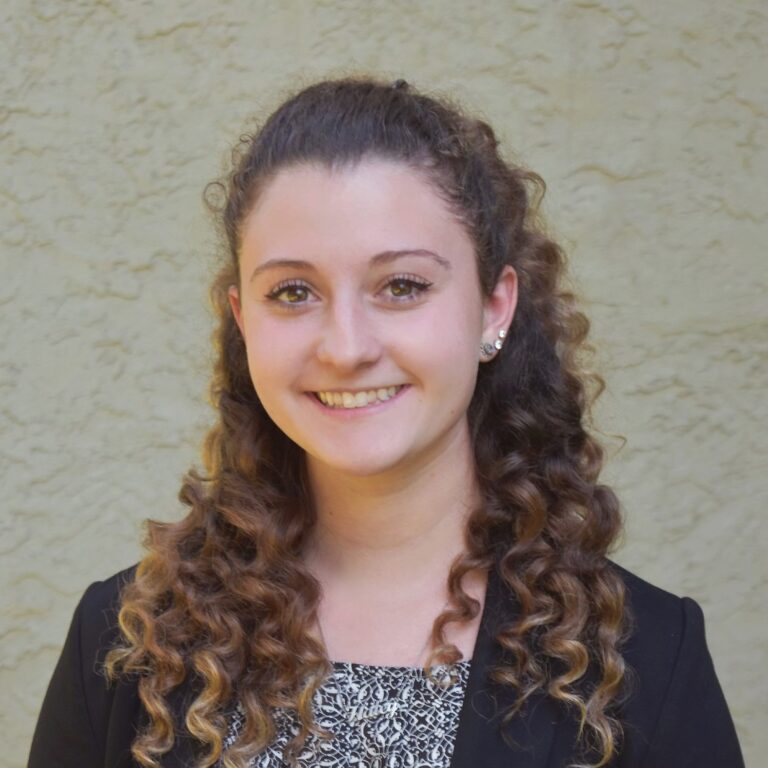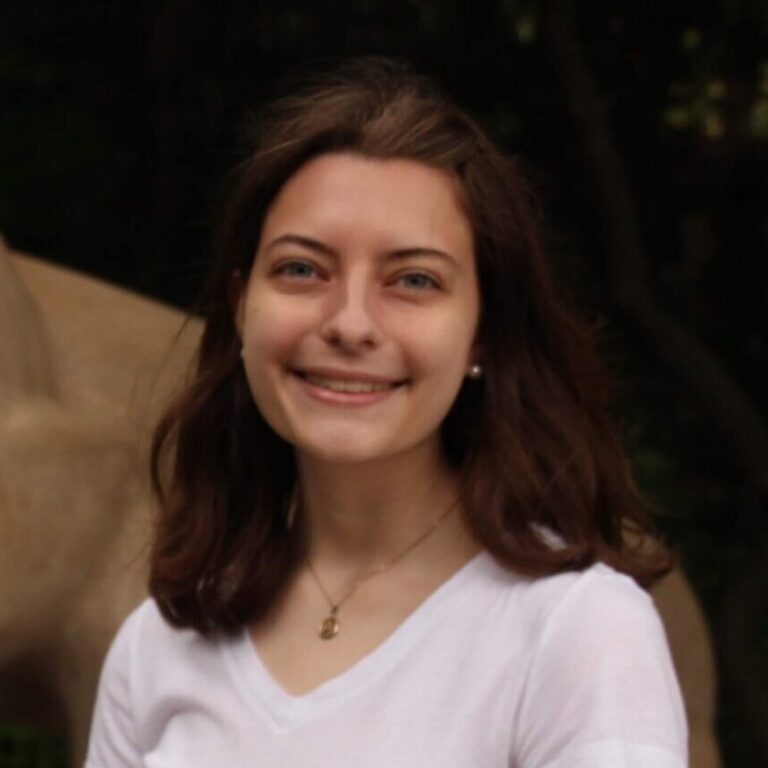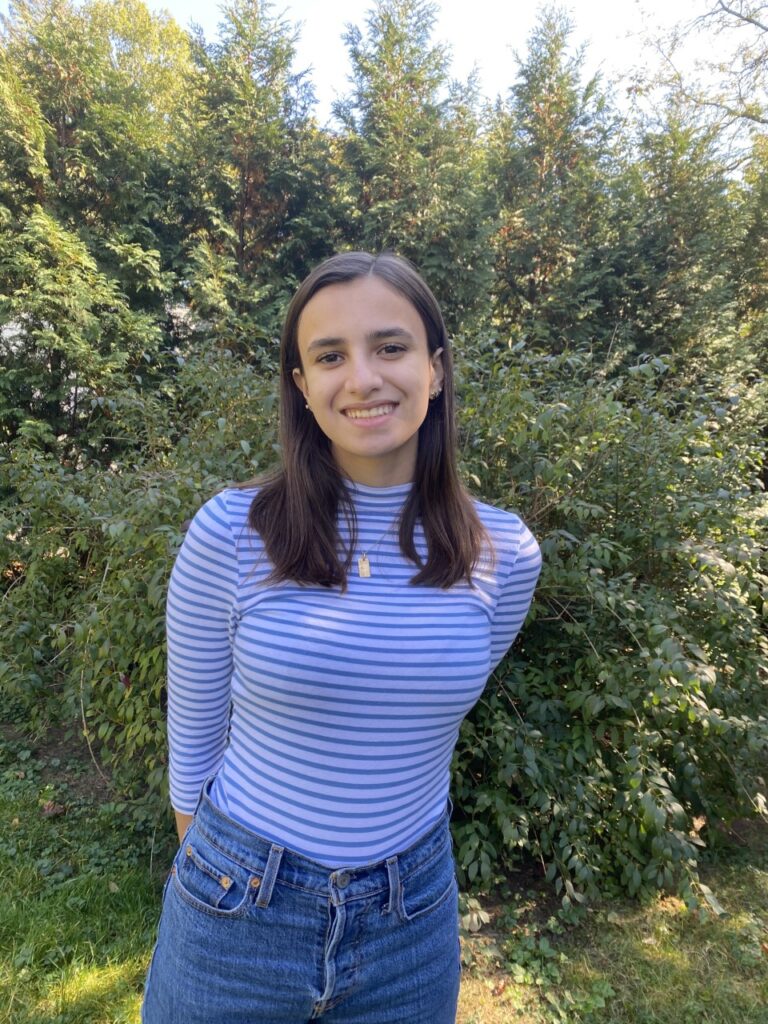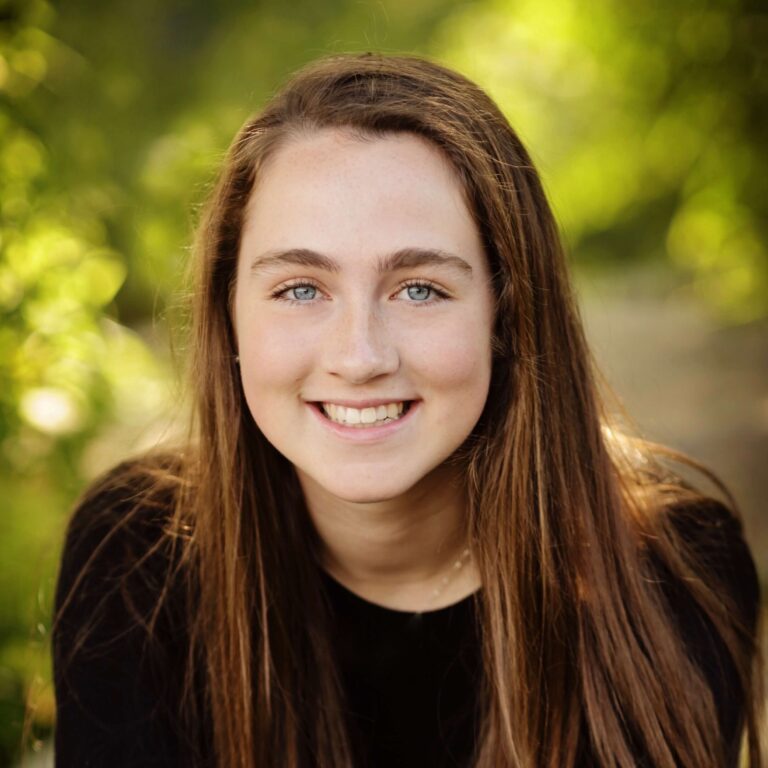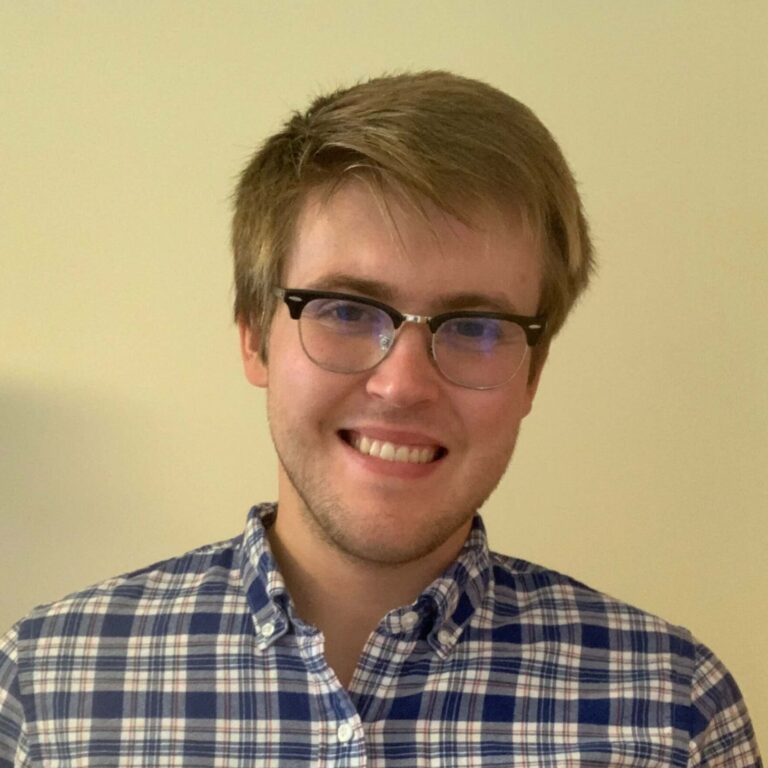Undergraduate Student Fellows
Students in the College of the Liberal Arts’ Paterno Fellows Program are eligible to apply for a Rock Ethics Institute Undergraduate Fellowship. These fellowships involve working closely with and assisting Rock Ethics Institute faculty on interdisciplinary ethics projects. Some projects focus on research, while others focus on developing programming and networks related to ethics at Penn State.
Students selected for a one-semester fellowship will receive a $1,000 award and those selected for a two-semester fellowship will receive a $2,000 award. The expectation is that fellows will contribute five–ten hours per week to their project.
Call for Applications
All current Paterno Fellows are eligible to apply. You can apply for up to two fellowships, but can receive one at most. If you apply for two fellowships, rank them in the email with your application materials. Click on the button below to view the PDF application guide for more information.
At the start of each fall semester, students in the Paterno Fellows Program have an opportunity to apply for a fellowship with the Rock Ethics Institute (REI) at Penn State. These fellowships involve working closely with and assisting REI faculty on interdisciplinary ethics projects. Some projects focus on research, while others focus on developing programming and networks related to ethics at Penn State. Students selected for a one-semester fellowship receive a $1,000 award, while students selected for a two-semester fellowship receive a $2,000 award. The expectation is that fellows will contribute five–ten hours per week to their project.
Call for Applications
All current Paterno Fellows are eligible to apply. You can apply for up to two fellowships, but can receive one at most. If you apply for two fellowships, rank them in the email with your application materials. For each fellowship application, submit the following in a single PDF:
- Cover letter (one page) that indicates which fellowship you are applying to, why it interests you, your relevant qualifications, and how you would contribute to the project
- Résumé/CV
Note: fellowship (3) requires additional materials
Please send application materials to btj7@psu.edu. The deadline to apply is 11:59pm ET on Friday, September 3, 2021. Applicants will be notified on whether they were selected in September. If you have questions about the fellowship or application process, please submit application materials to Rock Ethics Institute Assistant Director Ben Jones at btj7@psu.edu.
2021–22 Fellowship Offerings
Faculty Supervisor: Associate Professor of Engineering Science and Mechanics, Laura Cabrera
As part of an ongoing effort to support the neuroengineering community, the IEEE Brain Neuroethics Subcommittee (chaired by Dr. Cabrera) is working on a framework for evaluating the social, legal and ethical issues that may arise as a result of the use and development of neurotechnologies for a diverse set of applications (e.g. medical, wellness, entertainment, sport, military). The undergraduate student will help conduct a systematic literature review on current neuroethical guidelines, identifying areas of convergence and guidelines unique to particular documents.
Faculty Supervisor: Professor of Communication Arts and Sciences, Jeremy Engels
When Eric Garner was killed by police, his last words became the slogan of a movement for racial justice and social change: I Can’t Breathe. These words have additional resonance during a pandemic outbreak of a virus that affects the lungs, and as wildfires stoked by global warming torch the Western USA, turning the air acrid and unbreathable. Each crisis—systemic racism, the pandemic, and global warming—is also a crisis of breathing. The question of the breath is at the center of ethical inquiry in the Anthropocene, or so I plan to argue in a new book project. In my new book, The Art of Breathing, I hope to center breathing at the heart of ethical inquiry. I will offer a cultural and political history of breathing, and a philosophy of breathing that uses the breath as an opportunity to contemplate interconnectedness with the human and natural world. The breath, I believe, can help to revitalize the promise of democratic politics. I plan to work on this book project during Fall 2021 and Spring 2022, when on sabbatical. I would love to have an undergraduate student help with the research into the project, specially helping me to recover the breathing discourse related to current racial justice protests, the pandemic, and the wildfires out West.
Faculty Supervisor: Assistant Professor of Telecommunications, Yael Warshel
The Children, Youth, and Media in International and Global Conflict Zones Initiative explores how media may be used to play meaningful roles in the lives of young people in conflict zones. Given that demographically, children and youth are most impacted by armed conflict, the initiative focuses on exploring best practices for using media (as artifact, intervention, and content) to aid and empower them. Selected Fellows will work in the Children, Media and Conflict Zones Lab under the direct supervision of Yael Warshel, Assistant Professor in the Bellisario College of Communications, Rock Ethics Research Associate, and Affiliated Faculty of International Affairs, Comparative and International Education, and African and Middle East Studies. Involvement in the lab will provide opportunities to learn about major debates surrounding refugee youth, educational access, social media, communication rights, public opinion, social-psychological and biological effects, and understanding about and practice in research methods. Separate of that, there may also be opportunities to become involved in public outreach. More information about the lab can be found here: https://www.bellisario.psu.edu/research/centers/children-media-and-conflict-zones-lab. Promising applicants will be called in for a Zoom interview.
In greater detail, selected applicants will assist with projects exploring (1) the role media may play in helping or empowering children and youth in conflict zones internationally, (2) how Sahrawi refugee youth, specifically, use media technologies to navigate their education, displacement, and the Western Sahara conflict within global human rights-based contexts, and/or 3) how media interventions influence conflict zones and/or refugee children’s political opinions, inter-group attitudes, and/or age them biologically. Fellows will analyze secondary literature and related statistical data to provide theoretical frameworks and background for these various lab projects, including to situate primary data. Literature to be analyzed include that about (1) education, media, technology and communication and other human rights, to be used for situating educational, lifestyle, and media-use decisions made by Sahrawi refugee youth, (2) inter-group communication and psychological and biological stress, to quantify the long-term biological effects of growing-up refugee, and (3) comparative international, global, conflict, gender, family, youth and children studies, to map out theoretical frameworks and promote policy and practice about young people, media and international and global conflict. RAs fluent in Arabic, Spanish or French, may be asked to read relevant academic literature in their respective languages and synthesize into English. Those fluent in Arabic and/or Spanish may also be asked to (4) work with primary data collection, e.g. by assisting with translation and transcription of previously conducted interviews with Sahrawis and by helping to conduct future interviews. Finally, RAs may be asked to (5) coordinate lab meetings and/or events to promote policy-relevant outreach.
Required Skills: Excellent (1) English writing and editing skills, (2) organizational skills, (3) ability to understand academic articles and summarize them in written form, and (4) ability to search Online library and other databases and synthesize relevant information retrieved. Additional preferred skills in one or all of the following: (1) fluency in Arabic, Spanish, and/or French (2) ability to make sense of and manipulate basic statistical data, (3) excellent video editing skills, preferably in Final Cut Pro, (4) prior transcription experience, (5) prior translation experience, (6) prior coordination, outreach and/or event planning experience, and (7) background in biology, international affairs, global studies, area studies, political science, ethics, education, geography, communication/s, psychology, and/or anthropology. To Apply: Please send: (1) short statement of interest, (2) CV, (3) Fall 2021 and projected Spring 2021 course schedule, (4) (unofficial) transcript, (5) names of 2-3 faculty references, and (6) one writing sample (this will be used solely to assess relevant secondary research, reading and writing skills. Writing sample subject matter is not important).
